The All-India Gaming Federation (AIGF) has been diligently following up with the GST Council to have clarity on the taxability of the revenue inferred by the industry. Accordingly, the GST Council framed a board of seven ministers from different state Governments (GoM) to analyze and assess the taxability of online gaming gateways in India. Additionally, the GoM has likewise been coordinated to present a report on two different sectors which have requested clarity on their taxability viz. horse race clubs and casinos.
GST On Online Gaming: Are You Game?
With virtual reality controlling all parts of our lives, gaming is no special case. Inferable from the pandemic, not just grown-ups, playground for youngsters has likewise moved to screens. The online gaming industry in India has seen remarkable development as far as both, income and use. It is expected that the online gaming industry would develop at an accumulated yearly development pace of 22% and will turn into a $2 billion industry by 2023.
Despite the sector isn’t new in the country, it has acquired popularity as of late, with enormous credit to the pandemic when a large portion of the nation was inside and rehearsing social distancing. Likewise, with a huge segment of the populace currently utilizing mobile phones and the internet, online gaming has become considerably more open to all areas of society whether children, youth, or seniors. Considering the development direction of the sector, it turns out to be very essential to explain any ambiguities with respect to the tax collection from the sector.
The All-India Gaming Federation (AIGF) has been diligently following up with the GST Council to have clarity on the taxability of the revenue inferred by the industry. Accordingly, the GST Council framed a board of seven ministers from different state Governments (GoM) to analyze and assess the taxability of online gaming gateways in India. Additionally, the GoM has likewise been coordinated to present a report on two different sectors which have requested clarity on their taxability viz. horse race clubs and casinos. In their report, the GoM will focus on the underneath points:
Valuation of services given by horse race clubs, casinos, and online gaming entryways according to GST point of view, to assess if any better valuation system can be clung to. Assess different legal points of reference passed by the courts in regard to the three areas under scrutiny. Any progressions that might be needed to the law premise such decisions. Whatever other supply will be affected by changes in valuation strategy, like the lottery, betting, and so on.
The GoM has been given a time period of a half year to revert to the GST Council with their definite report. Consequently, such a report will be deliberated upon by the GST Council in their meetings and a final choice will be made.
Prior to diving more into the current GST works on being trailed by the industry, it is fundamental to comprehend the conditional elements of the sector.
Understanding the business
There are different models through which the online gaming industry is working. The key ones are:
The gaming platform charges rake fees or enrollment charges to the players for the utilization of the online gaming platforms. In such cases, the platform might permit gaming through money-related techniques.
On the off chance that players play with the monetary amount, there is by and large a prize cash pool which is only a pool of every single money-related commitment. This prize cash is later on delivered to the winner of the game in the wake of deducting a commission from the platform. Nonetheless, on account of non-financial games, just a rake fee is charged from players for working with the game.
The gaming platform or application doesn’t charge any rake fees to the player. Be that as it may, the player might need to pay for any extra elements, for example, opening a higher level, purchasing additional life, performance boosters, and so on. Aside from the above revenues, a gaming platform additionally gets critical promoting income from in-application commercials.
Implication under GST
Section 7 of the CGST Act, 2017 defines supply; thus, if any transaction isn’t covered in this definition, it falls outside the ambit of GST. Section 7 inter-alia states that exercises or transactions covered under Schedule III to the CGST Act, 2017 would not be treated as a supply of goods nor regarding the supply of services. Thing no. 6 in the said plan determines ‘actionable claims other than lottery, betting, and gambling. Thus, any significant case separated from lottery betting or gambling would not get covered under the ambit of GST law. In any case, the term ‘actionable claim’ isn’t defined under the GST Act; it just alludes to the meaning of actionable claims from the Transfer of Property Act, 1882.
Presently, as noted above, from among the three key incomes accumulating to an online gaming entry, there is no discussion on the way that the promoting income and the rake fees gathered ought to be subjected to GST. This is on the grounds that there is a reasonable supply of services, specifically, platform assistance and advertising income. In any case, in regard to the pool made on account of financial games, the taxability should be evaluated.
In such a manner, the Bombay High Court (HC) on account of Gurdeep Singh Sachar v Dream11 Fantasy Pvt. Ltd. [TS-496-HC-2019(BOM)- NT] held that the sum gathered by gaming platform and deposited in an escrow account is an actionable claim that requires circulation subject to the result of the game. Consequently, such a pool sum can’t be construed to be a lottery, gambling, or betting. The Court thought that such prize cash won’t be responsible to be liable under GST.
In such a manner, illuminate Rule 31A(3) of the CGST Rules, 2017. The said rule recommends the valuation instrument if there should be a supply of actionable claims as an opportunity to win in gambling, betting, or horse racing in a race club. The rule expresses that the worth of supply in such cases will be 100% of the face value of the bet or the sum paid to the totalizator. Most industry players believe online gaming to be a game of skill and not a game of chance. Given this, they don’t adhere to valuation according to Rule 31A (3) as online gaming would not be covered in betting or gambling essentially. This view was additionally supported by the Rajasthan HC on account of Ravindra Singh Chaudhary versus UOI and Ors. [TS-883-HC-2020(RAJ)- NT] wherein the HC excused a PIL expressing that fantasy games of Dream11 are a type of gambling and betting. The HC depended on the judgment of Bombay HC to hold that the result of the fantasy game relies upon a participant’s skill and not sheer possibility. Further, winning or losing of the virtual group made by the participant is additionally autonomous of the result of the game or occasion in reality; HC held that the configuration of the online fantasy game presented by Dream 11 is a round of simple skill.
In addition, the ensuing transaction of distribution of prize cash to the winning participant ought to likewise not be liable to tax as there is an absence of taxable occasion in the said transaction. A similar view has been embraced on account of Vijay Baburao Shirke [Order No. MAH/AAAR/RS-SK/23/2020-21 dated June 4, 2020] wherein the Maharashtra AAAR put away the request for AAR and noticed that prize cash got from horse racing would not be dependent upon GST owing to the absence of taxable supply.
Credits: TaxScan



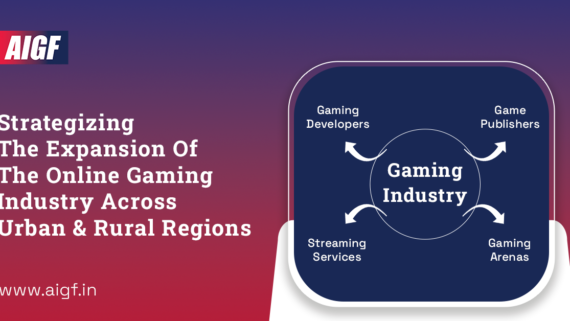

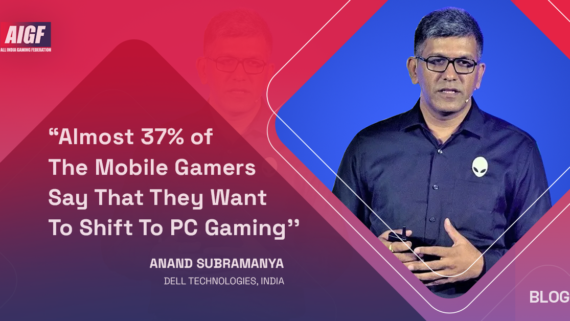
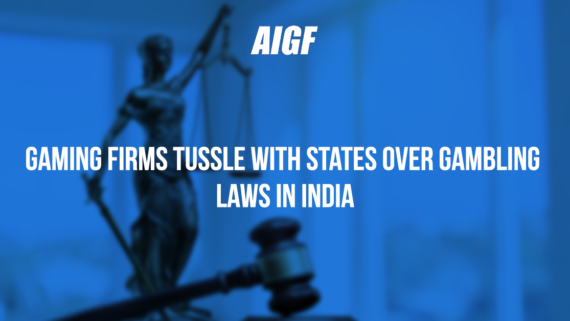
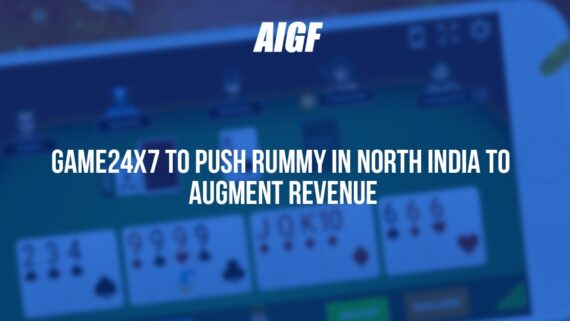
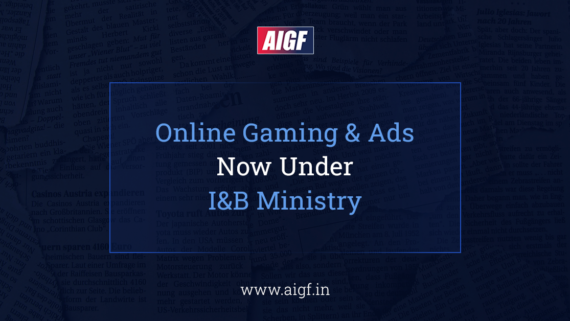


Comments
Comments are closed.